Problem-Solving Skills Easy Numbers Worksheets for Ages 3-8
14 filtered results
-
From - To
Unlock your child’s potential with our engaging "Problem-Solving Skills Easy Numbers Worksheets" designed for ages 3-8! These worksheets provide a fun and interactive way for young learners to develop critical thinking and problem-solving abilities using simple numbers. Each activity is tailored to age-appropriate levels, ensuring your child builds a strong foundation in math while enhancing their analytical skills. From solving basic addition and subtraction problems to identifying patterns and sequences, these worksheets will keep little minds challenged and entertained. Perfect for at-home learning or classroom use, our resources inspire a love for math and boost confidence in budding learners.
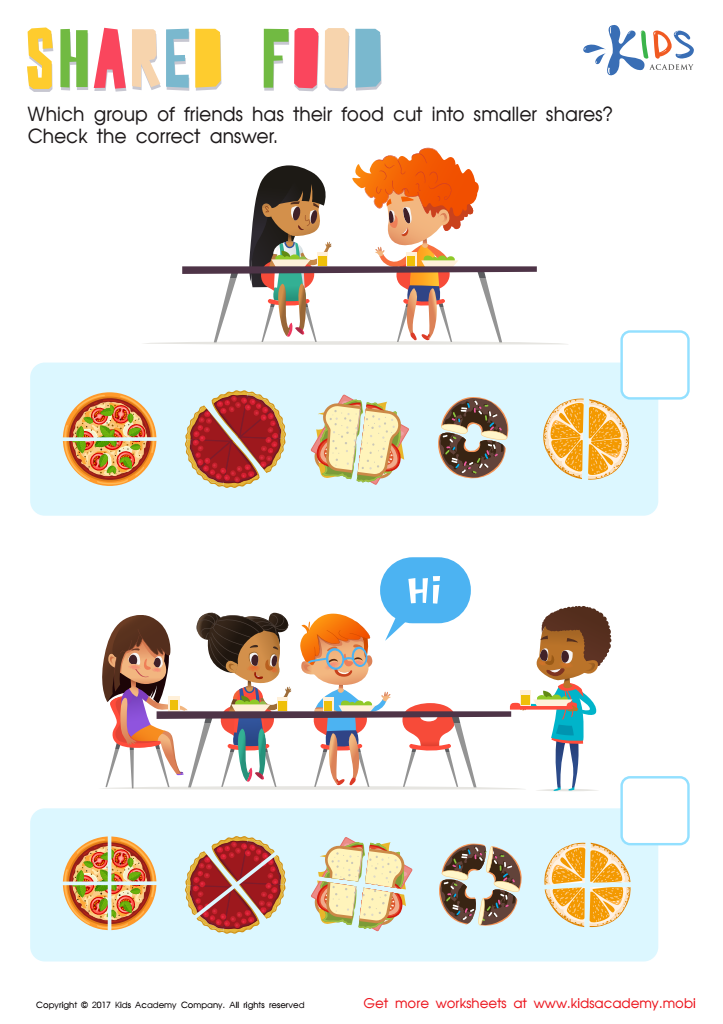

Shared Food Worksheet
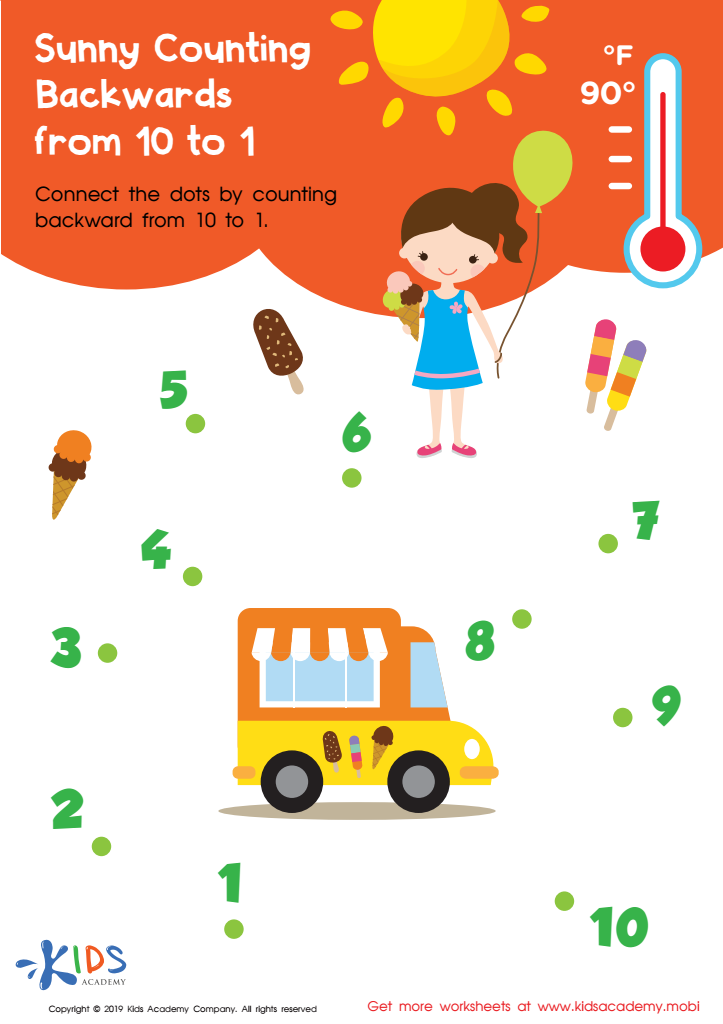

Sunny Counting Backwards from 10 to 1 Worksheet
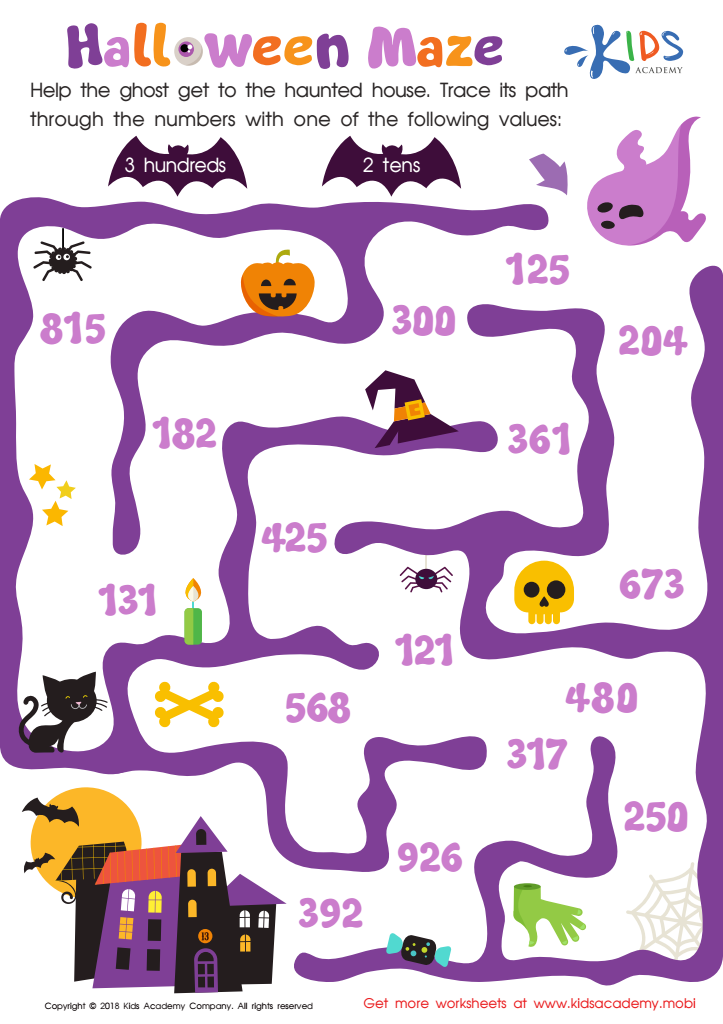

Place Value: Halloween Maze Worksheet
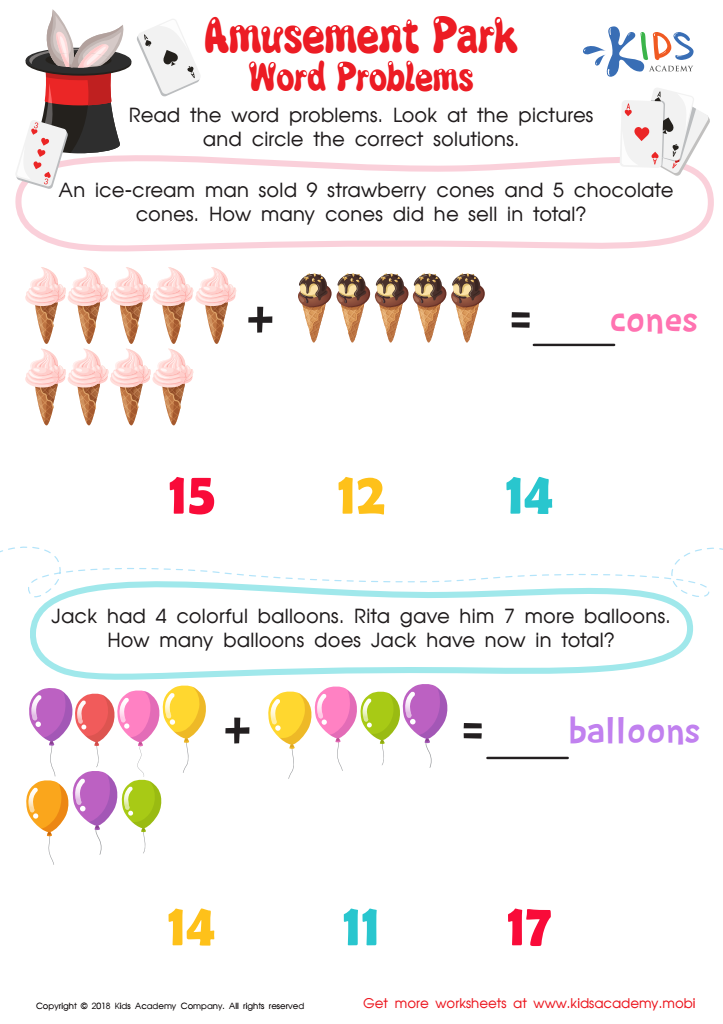

Amusement Park Word Problems Worksheet
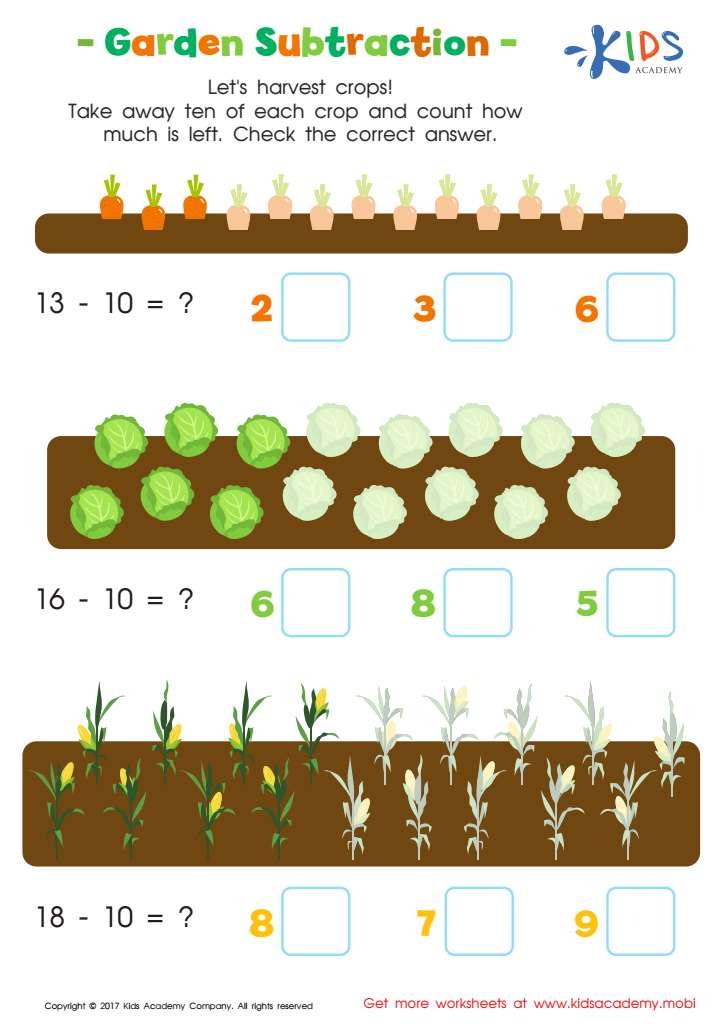

Garden Subtraction Worksheet
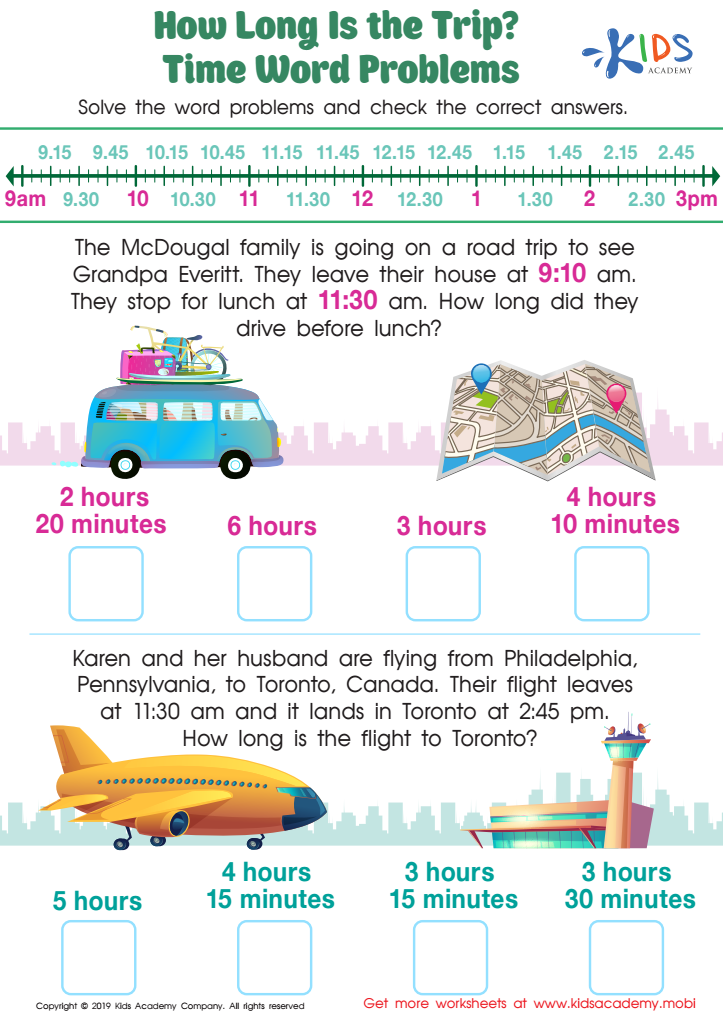

How long is the Trip? Time Word Problems Worksheet
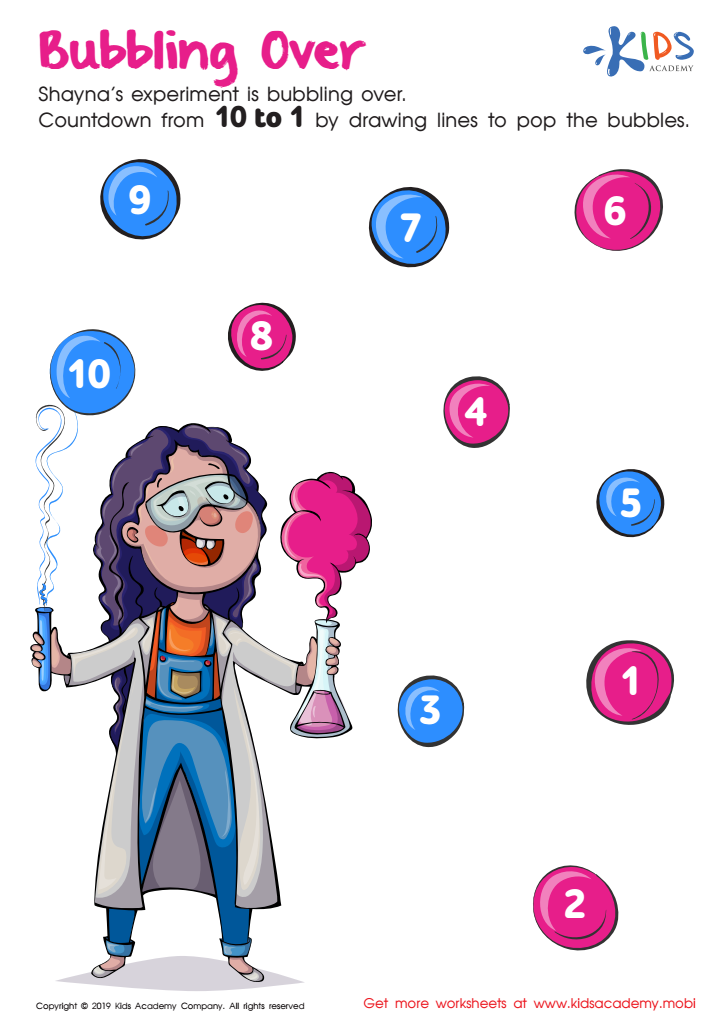

Bubbling Over Worksheet
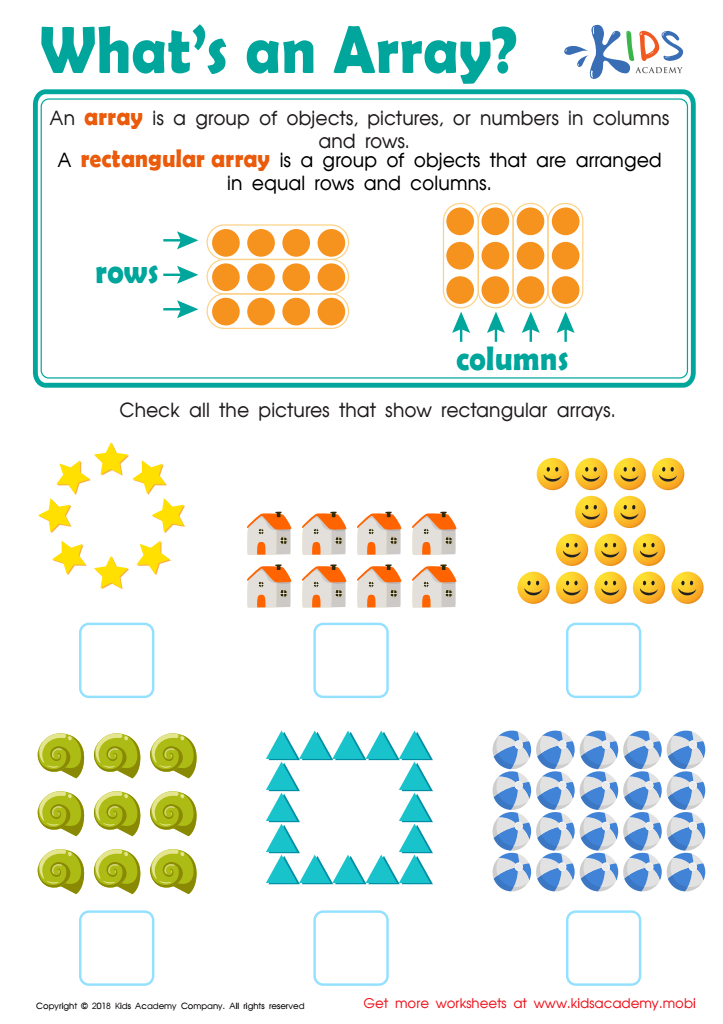

What's an Array? Worksheet
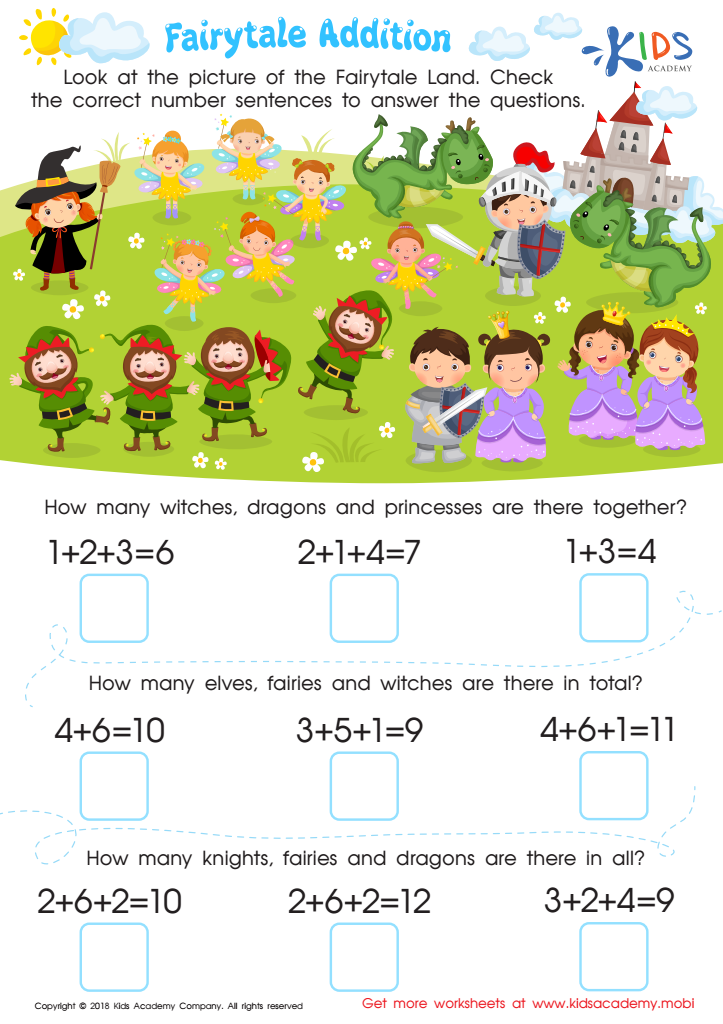

Fairytale Addition Worksheet
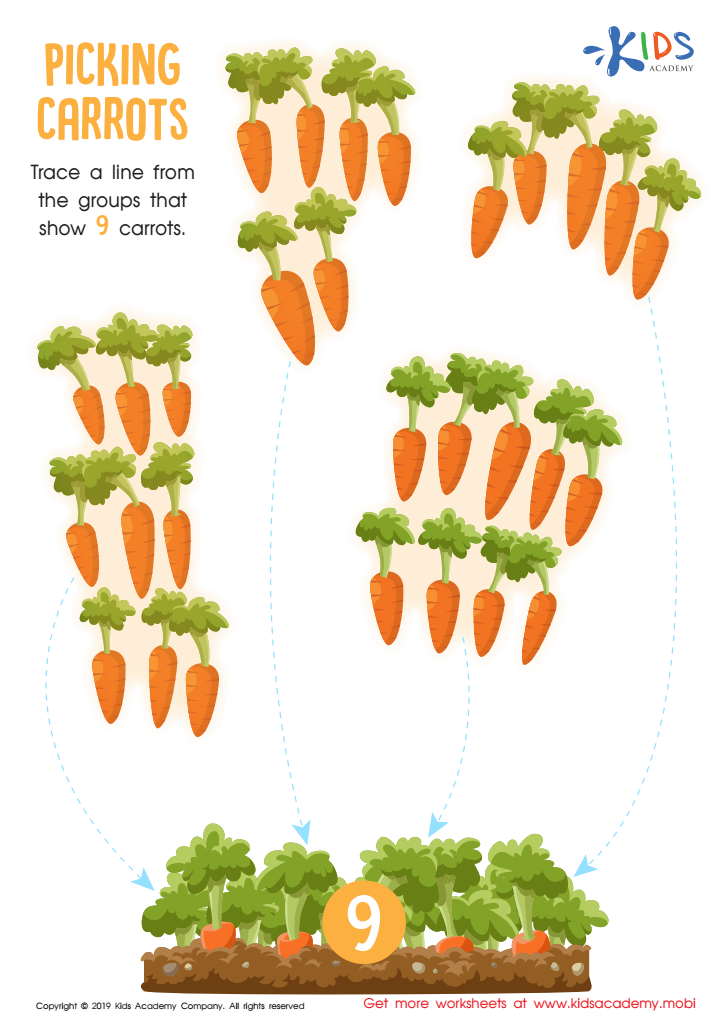

Picking Carrots Worksheet
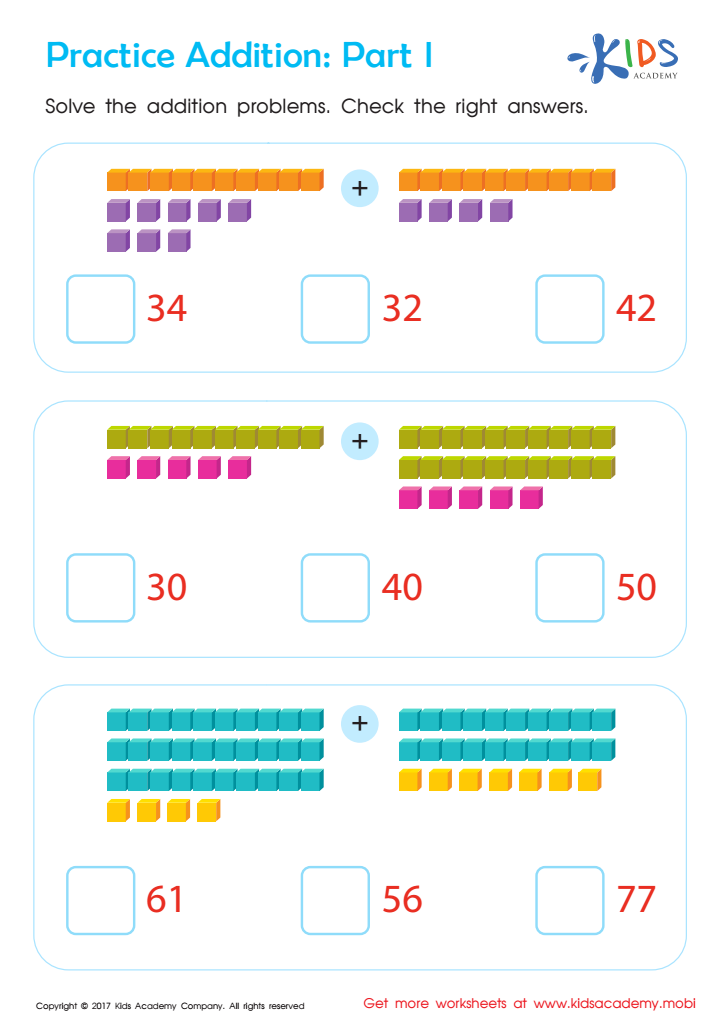

Practice Addition: Part 1 Worksheet
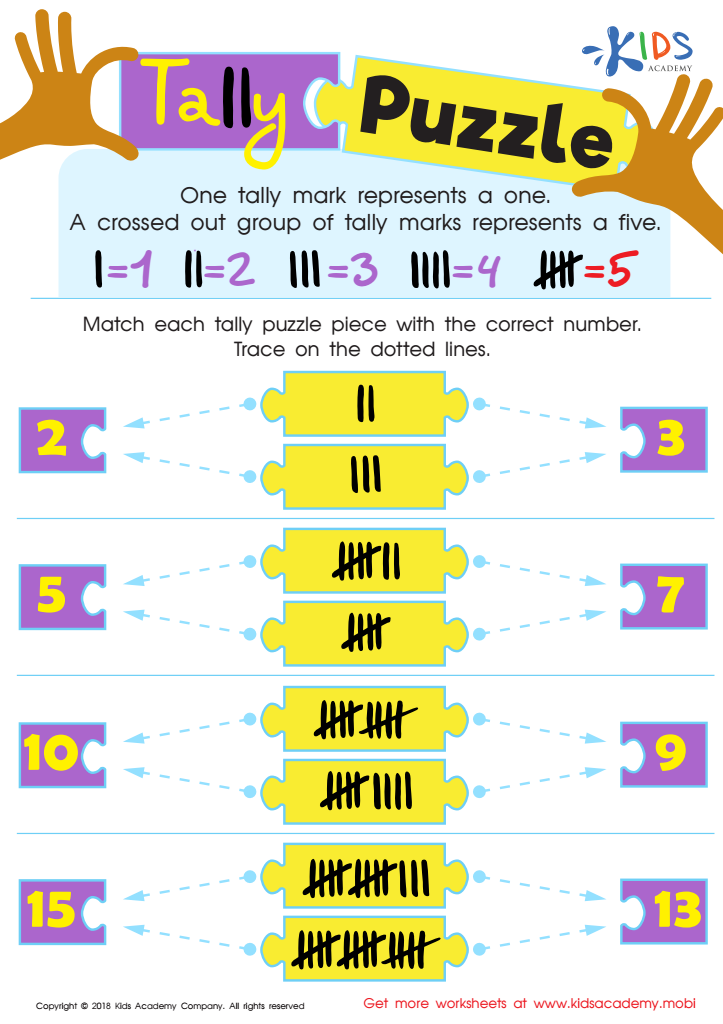

Tally Puzzle Worksheet
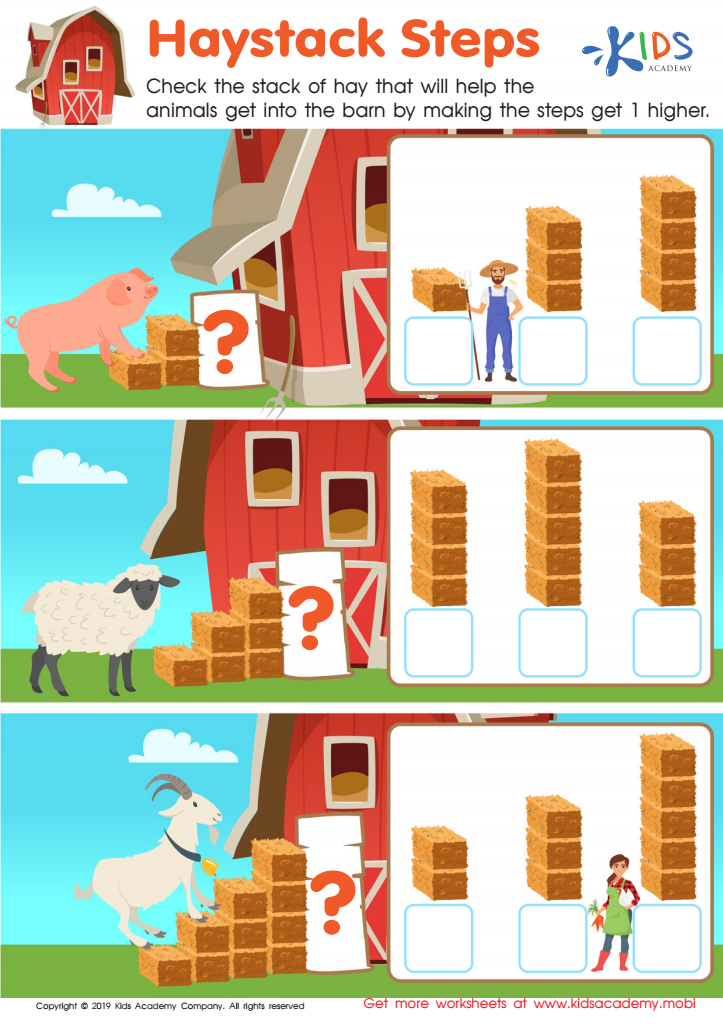

Haystack Steps Worksheet
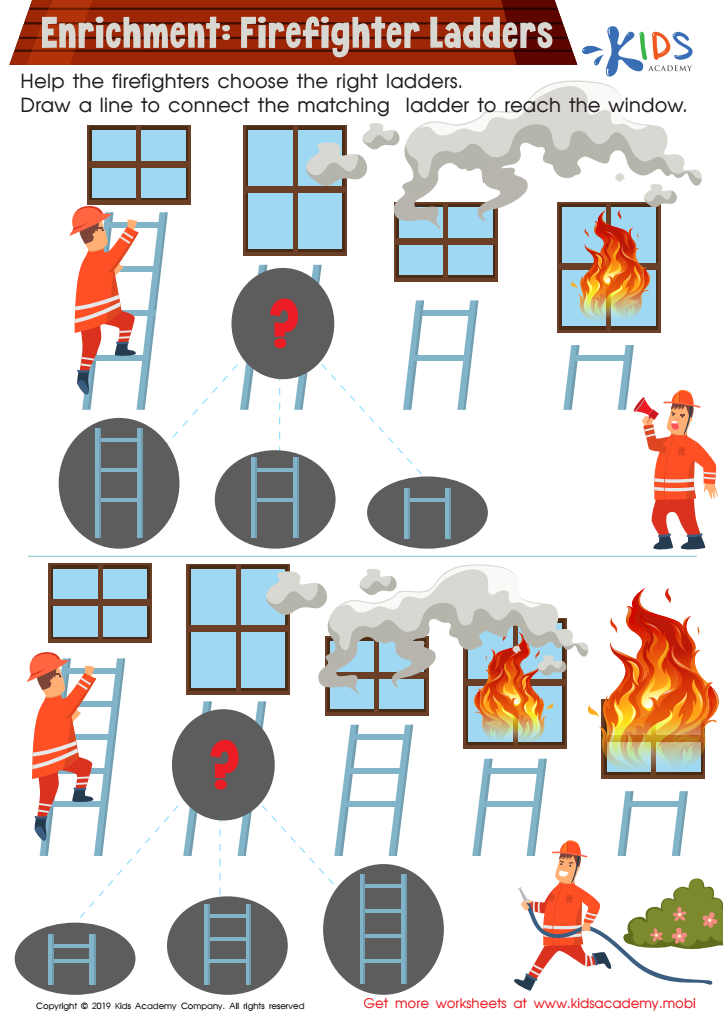

Enrichment: Firefighter Ladders Worksheet
Problem-solving skills are foundational for children aged 3-8, impacting their cognitive, social, and emotional development. For parents and teachers, fostering these skills is crucial for several reasons.
First, early problem-solving experiences enhance critical thinking abilities. Children learn to evaluate situations, make decisions, and understand consequences, forming strong reasoning frameworks.
Second, engaging young learners in problem-solving promotes resilience. When faced with challenges, they develop perseverance and adaptability, important traits for navigating both academic and life obstacles.
Additionally, problem-solving activities strengthen collaboration and communication skills. Working in groups on tasks teaches children to articulate their thoughts, listen to others, and appreciate diverse perspectives, all vital components of effective teamwork in later years.
Moreover, practicing problem-solving with easy numbers creates a solid mathematical foundation. Children learn to recognize patterns, quantities, and relationships, which enhances their overall numeracy skills and prepares them for more complex mathematical concepts.
Ultimately, investing time and effort in nurturing problem-solving abilities lays the groundwork for a child's future academic success and emotional well-being. Encouraging these skills must be a shared goal for parents and educators, as they set the stage for lifelong learning and personal growth.
 Assign to My Students
Assign to My Students
















